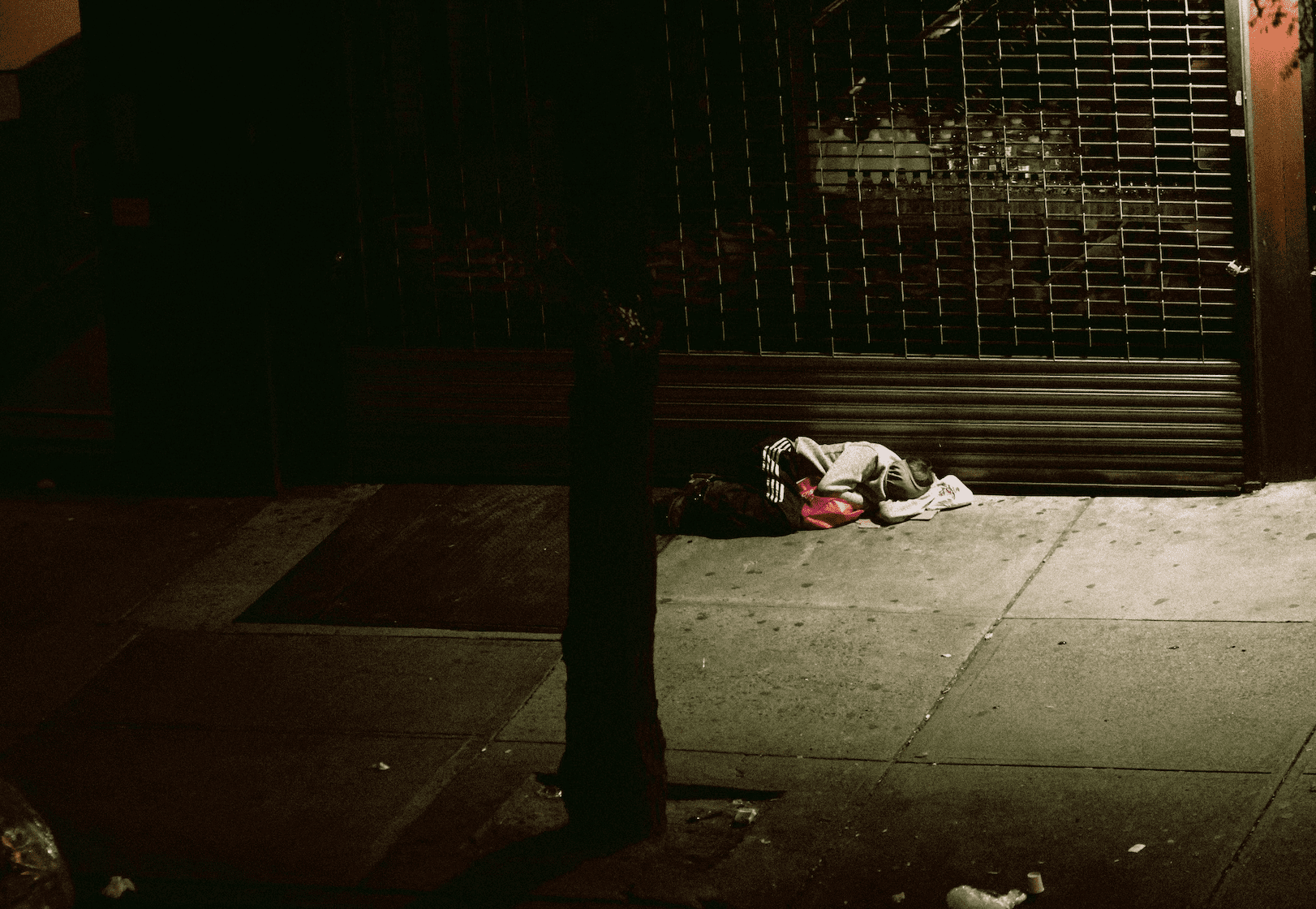
Concerns are mounting in the U.K. about the number of Ukrainian refugees ending up homeless as their initial sponsorships come to an end.
“Hello, I need a help,” one Ukrainian refugee posted in the Facebook group Homes for Ukraine.
My sponsor won’t let me and my mom live with him anymore. It happened abruptly, and I don’t know what to do. I’m looking for renting room for not big money, as soon as possible
One more thing, we have a cat. I would be thankful for any information. Thank you.
According to recent government data, 2,985 Ukrainians are already homeless.
“We are deeply concerned at the growing number of Ukrainians presenting as homeless to their [local government] council, and in particular the significant rise in the number of those who arrived through the Homes for Ukraine scheme,” James Jamieson, chairman of the Local Government Association (LGA), the national voice of local councils, told TIME.
The fear is that thousands more could also find themselves without shelter in the coming months.
The UK has given refuge to just over 107, 000 Ukrainians since March 2022, when the Homes for Ukraine program began, allowing Ukrainians to enter and work in the UK if they had a sponsor willing to provide housing for at least six months. The scheme was the government’s response to increasing calls for the country to open its doors to Ukrainians fleeing the war. This desire to help included a number of grassroots initiatives—British citizens willing to open their homes to Ukrainians and organizing on Facebook. These groups—Rooms for Ukraine, Homes for Ukraine, and Sunflower Sisters, among others—have helped connect thousands of refugees and hosts.
But living with strangers is not always easy, and some sponsors are not willing to host beyond the initial six months or have asked their guests to leave early. Additionally, according to the latest survey by the U.K.’s Office for National Statistics, published in August, a quarter of hosts do not plan to continue hosting past their initial six-month commitment, and an additional 15% of respondents said they were unsure about their plans after six months. The next wave of homeless Ukrainian refugees could hit at the end of the year when about 14,000 Ukrainians will reach the end of their initial sponsorships., according to The Guardian.
Despite good employment rates among Ukrainian refugees, it is not always easy for them to find alternative housing. Rents and the overall cost of living have skyrocketed in recent months and landlords often have requirements that refugees can’t easily meet, including up to six months of rent paid in advance, a good credit score in the U.K., or a guarantor. Almost half of Ukrainians surveyed recently by the Office of National Statistics said they were encountering such obstacles to renting accommodation.
Sheltering the homeless, including refugees, falls to local government councils, which are scrambling to find ways to ensure Ukrainian refugees remain housed. According to various media reports, some councils are offering additional financial support on top of the £350 a month hosts already receive in monthly assistance, others are planning to pool the government subsidies given to local councils—about £10, 000 per refugee for one year—into additional social housing, and still others are searching for new hosts.
As the situation in Ukraine continues to deteriorate with winter setting in amid widespread blackouts due to Russia targeting the country’s power infrastructure, few refugees will decide to go home, while more Ukrainians likely seek to leave.
